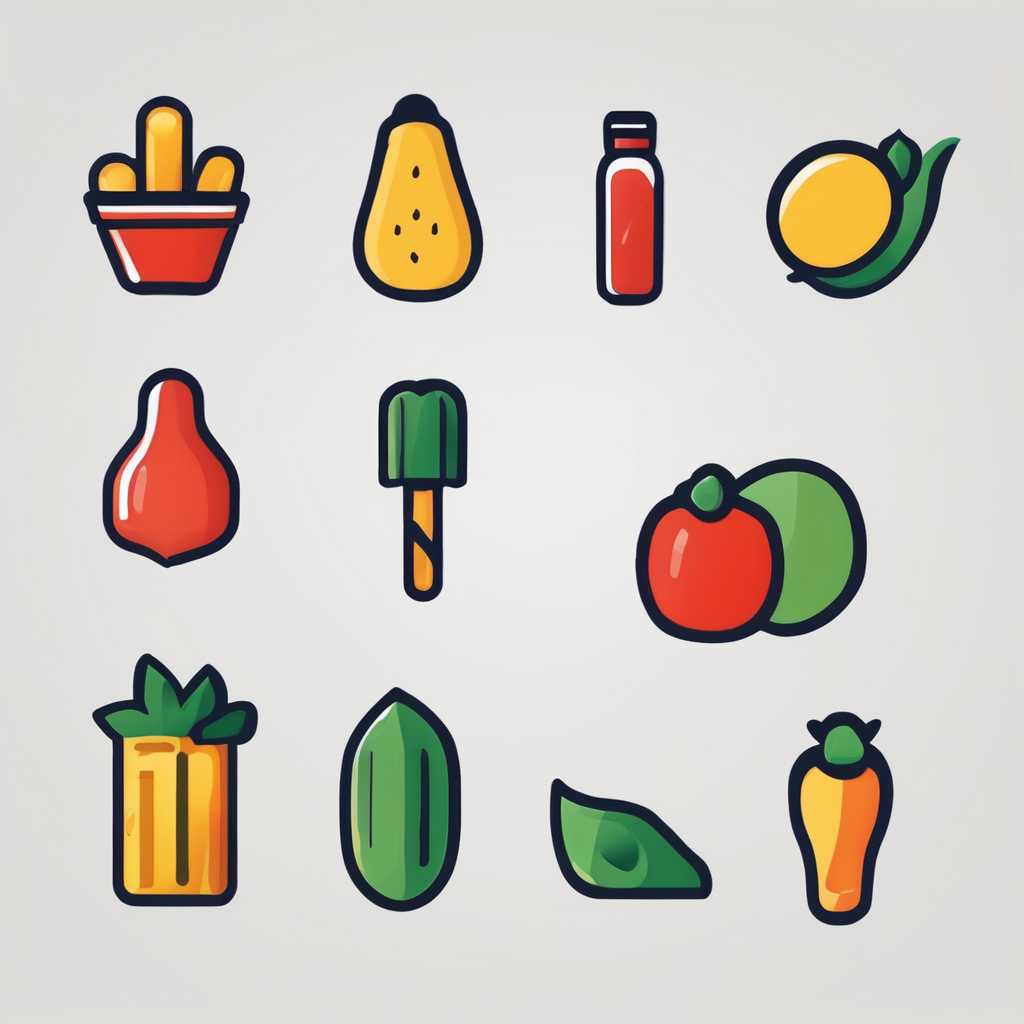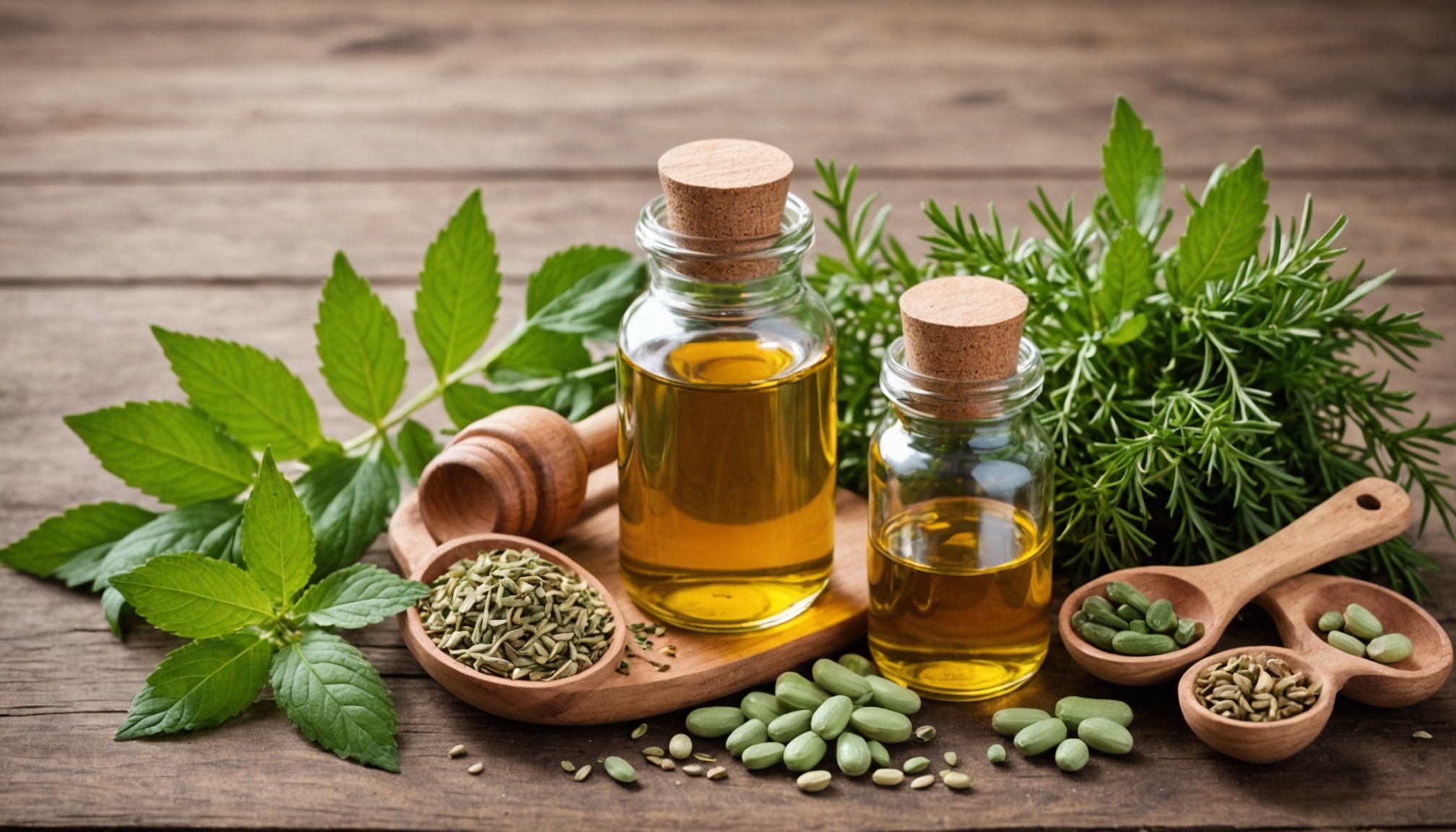Overview of Herbal Supplements in Pregnancy
Herbal supplements are dietary products derived from plants, used for their supposed health benefits. During pregnancy, these supplements are often sought after for their potential benefits, ranging from easing morning sickness to increasing energy levels. However, the safety of herbal supplements in pregnancy remains a critical concern, as these products can carry potential risks to both maternal and fetal health. Understanding these risks is crucial for expectant mothers aiming to make informed decisions.
In the UK, the regulation of herbal supplements is governed by stringent guidelines meant to ensure consumer safety. The Medicines and Healthcare products Regulatory Agency (MHRA) oversees these products, enforcing standards that require clear labeling and evidence of efficacy and safety. Despite these measures, not all supplements have been thoroughly vetted through rigorous testing.
In parallel : Essential Screen Time Tips for Expectant Mothers in the UK: Safeguarding Your Health and Your Baby’s
Pregnant women are often advised to consult healthcare professionals before starting any herbal supplement regimen. This precautionary step helps to prevent adverse reactions, given that certain herbs can interfere with pregnancy or other medications. Overall, navigating herbal supplement use during pregnancy demands careful consideration of UK regulations, potential benefits, and risks to ensure the best outcomes for both mother and child.
Herbal Supplements to Avoid
Navigating the world of herbal supplements during pregnancy can be daunting. It’s crucial to be informed about pregnancy risks associated with specific herbs to ensure safety for both the mother and the baby.
Have you seen this : Unlocking Prenatal Wisdom: How UK Mothers-to-Be Can Leverage Online Forums for Enhanced Knowledge
Detailed List of Unsafe Herbal Supplements
Some herbs are known for their potential risks during pregnancy. These include black cohosh, pennyroyal, and goldenseal. Found in various forms like teas, capsules, and tinctures in the UK, these supplements should be approached with caution. It’s essential to be aware of the dosage and concentration in these products, as even small amounts can be harmful.
Reasons for Avoidance
These herbal supplements pose threats ranging from hormonal imbalances to uterine contractions. For instance, black cohosh can cause premature labor, while pennyroyal has been linked to toxic effects. Moreover, interactions with prenatal vitamins or medications can exacerbate complications. Clinical studies and expert opinions strongly advise against their use for maintaining a healthy pregnancy.
Regulatory Recommendations
In the UK, health organizations like the Medicines and Healthcare products Regulatory Agency (MHRA) provide guidelines ensuring the safety of herbal use during pregnancy. The MHRA emphasizes stringent regulations and is backed by obstetric associations that issue clear positions on avoiding unsafe herbal supplements.
Risks Associated with Avoided Supplements
Understanding the risks of herbal supplements during pregnancy is crucial. Many assume natural means safe, but certain supplements can lead to pregnancy complications. For example, some herbs might cause premature labour or developmental delays in the fetus. It’s not just about immediate reactions; long-term effects are significant too. Consuming harmful supplements can affect a child’s neurological development, potentially leading to learning difficulties or behavioural issues.
Throughout maternal health studies, certain case studies highlight adverse effects linked to herbal supplements. One notable instance involved echinacea, often taken for colds, which led to increased reports of early contractions. Such instances underscore the importance of evaluating the safety of these supplements.
Consequently, expectant mothers should remain cautious. Consulting healthcare providers ensures informed, safe choices concerning their maternal health. Always prioritize evidence-based information over anecdotal advice. This vigilant approach helps navigate the complexities of pregnancy, ensuring the best possible health outcomes for both mother and child.
Understanding these risks can make a significant difference, providing peace of mind during such a critical period.
Safe Alternatives and Practices
During pregnancy, paying attention to the safety of any supplement taken is crucial. Fortunately, there are numerous safe supplements and alternative remedies that can support pregnancy nutrition without posing risks.
Recommended Safe Herbal Options
Many herbal supplements are deemed generally safe during pregnancy when used appropriately. For instance, ginger can assist in alleviating nausea while chamomile may help with relaxation and sleep. It’s important to use these herbs responsibly. Always consult with a healthcare provider before adding any herbal product to your routine, ensuring it aligns with your personal health needs and pregnancy conditions.
Nutritional Focus During Pregnancy
The emphasis on a balanced diet is paramount during pregnancy. Nutritional needs should ideally be met through food rather than solely relying on supplements. Key vitamins and minerals such as folic acid, iron, calcium, and omega-3 fatty acids are essential for the baby’s development. Aim to include a variety of foods like leafy greens, fish, lean meats, and dairy to cater to these nutritional demands.
Expert Recommendations
Input from nutritionists and obstetricians highlight the necessity of cautious supplementation during pregnancy. They underscore consulting healthcare providers regarding herbal products. In the UK, various community support and educational resources can guide expectant mothers through safe supplement choices. Engaging with these resources allows for informed decisions, prioritising the well-being of both mother and child.











